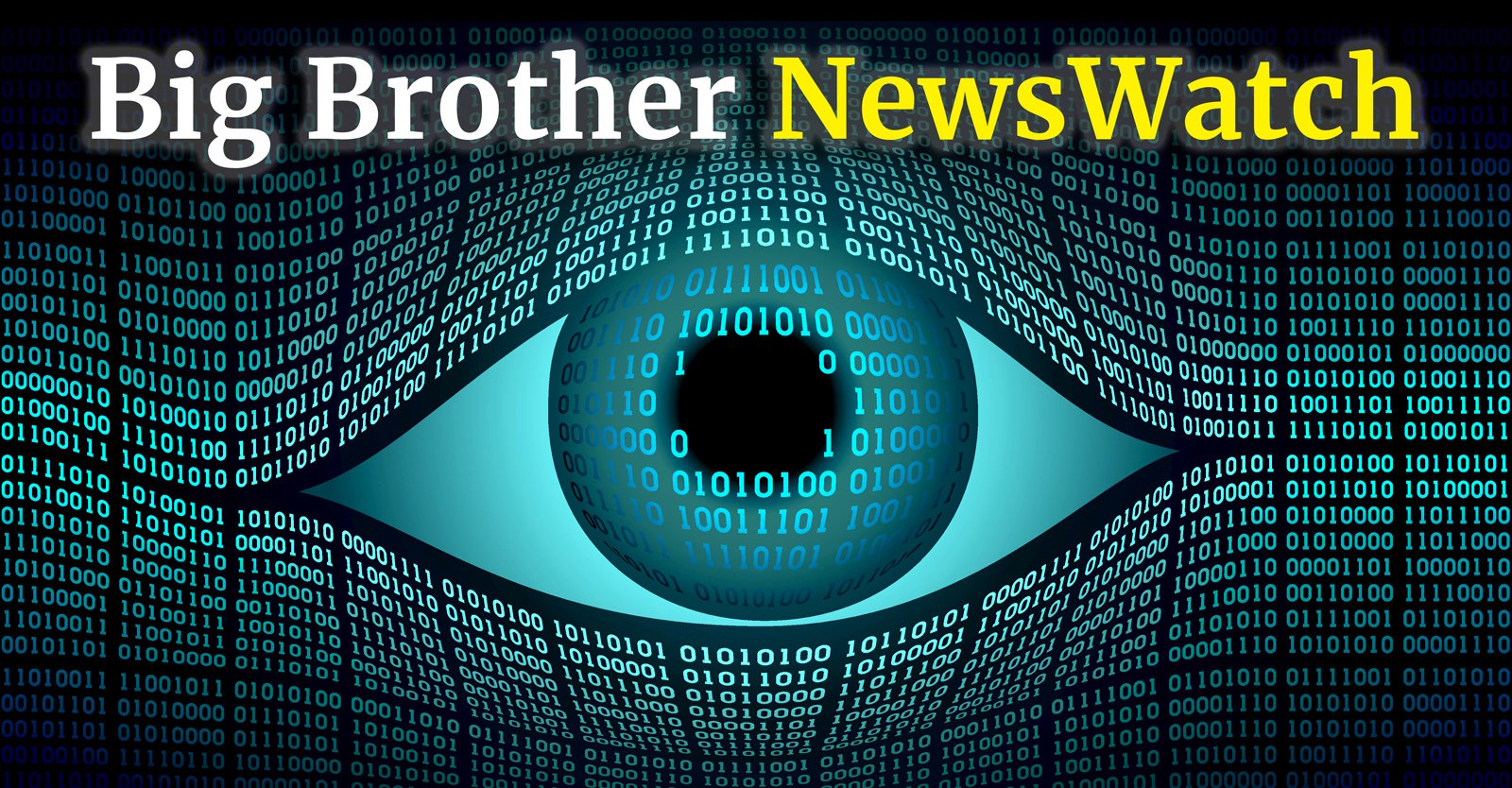WATCH: Tucker Carlson spotlights LifeSiteNews blacklist on Wikipedia – LifeSite

Tue Sep 30, 2025 – 2:34 pm EDT
(LifeSiteNews) – Tucker Carlson’s interview with Wikipedia co-founder Larry Sanger has drawn attention to the platform’s policy “blacklisting” conservative outlets as sources, including LifeSiteNews.
Explaining his newly released Nine Theses essay on reforming Wikipedia, Sanger explained how the platform’s “perennial sources” list bars the citation of certain websites. Reading Sanger’s printed list of blacklisted websites, Carlson spotted LifeSiteNews and said:
Carlson: LifeSiteNews not allowed.
Sanger: Right?!
Carlson: Of course, the pro-lifers. That’s interesting.
Why did Wikipedia CENSOR LifeSiteNews?@TuckerCarlson exposes the TRUTH! pic.twitter.com/9YDp2vOrNt
— LifeSiteNews (@LifeSite) September 30, 2025
Evidently surprised, Carlson called Wikipedia’s list “incredible.” Elsewhere in the interview he referred to the platform as having become “a weapon of ideological, theological war.”
The blacklisting of LifeSiteNews was adopted on July 4, 2019, through a Request for Comment (RfC) on Wikipedia’s Reliable Sources Noticeboard. Editors classified LifeSiteNews as a “deprecated” source which “publishes false or fabricated information,” and placed it in the same category as Newsmax, One America News Network and Jihad Watch.
“Deprecated” sources are classed as “generally unreliable” and their use “is generally prohibited” in citing factual claims.
This list also includes The Daily Caller, which Carlson co-founded with Neil Patel. By contrast, The New York Times, The Washington Post and CNN are all “fully greenlit” sources.
The 2019 RfC drew a strong majority of Wikipedia editors advocating for the deprecation of LifeSiteNews. One editor described it as “a partisan smear site on the order of (if not worse than) Breitbart,” while another wrote: “4 actually reliable sources universally agree it’s a **** site. Good enough for me.”
Others accused the outlet of promoting “pseudoscience and conspiracy theories,” particularly in its coverage of LGBT issues, evolution and climate change.
One editor condemned LifeSiteNews for publishing “lies about people” – citing coverage of George Soros as evidence.
Some editors argued that the decision targeted the site’s ideological stance, while others insisted the issue was accuracy. A minority argued against blanket deprecation, noting that senior Vatican figures, Reuters, and major columnists sometimes cite LifeSiteNews.
These objections were dismissed. “Being quoted in those sources doesn’t make it a reliable source,” one editor responded. “Absolutely nobody uses LSN that way.”
Subsequent Wikipedia Noticeboard discussions reaffirmed the policy. In one case, editors refused to allow a LifeSiteNews blog post by activist Rebecca Kiessling to be used to confirm her own birth date, arguing the site was so unreliable that even her authorship could not be trusted.
In debates over coverage of Archbishop Carlo Maria Viganò, editors described LifeSiteNews as “a canonically unreliable fundamentalist Catholic aligned website,” rejecting its reporting even when republished elsewhere. Prior to the deprecation, one editor claimed that LifeSiteNews was “[n]ot reliable for anything to do with social issues that have religious components.”
Sanger has become a prominent critic of Wikipedia’s sourcing and governance systems. In the Nine Theses, he argues that the perennial sources list functions as a de facto ideological blacklist, systematically excluding conservative and religious outlets, and calls for its abolition.
Sanger has also faulted Wikipedia for failing to implement basic governance and safeguarding protocols as it expanded. In 2012, he warned the platform about the presence of adult content and urged the introduction of protections for minors, but the proposal was never implemented. Decisions on sourcing and content, he argues, remain in the hands of small, anonymous groups of editors with little accountability.
The LifeSiteNews ban remains in effect. No new RfC has been held to revisit the 2019 decision, and the perennial sources list continues to guide editorial policy across Wikipedia.
Recent Top Stories
Sorry, we couldn't find any posts. Please try a different search.










